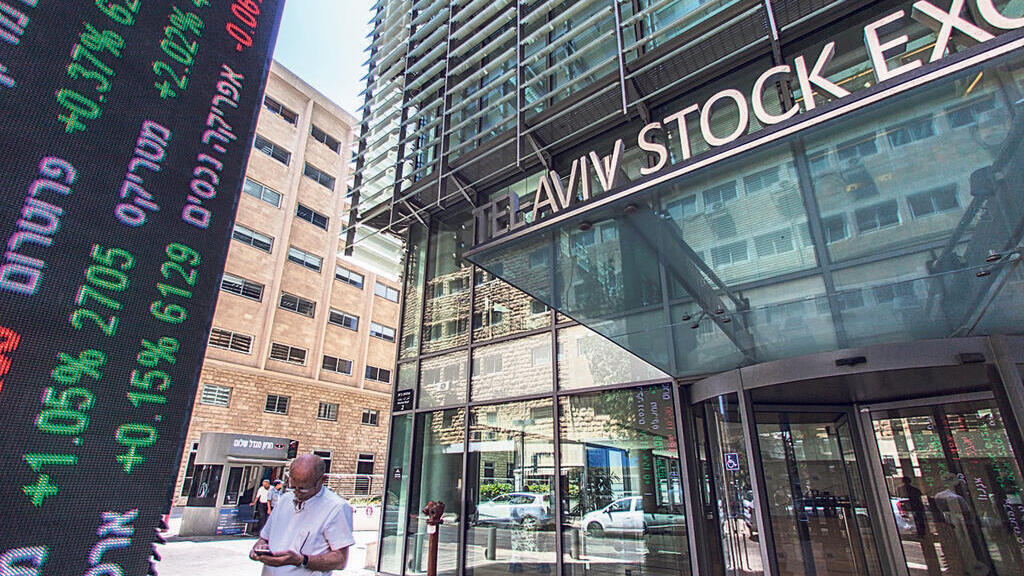Getting your Trinity Audio player ready...
The Tel Aviv Stock Exchange concludes the Hebrew calendar year with mixed results, which reflect the challenges and fluctuations experienced by the Israeli economy during the year. Despite the outbreak of the war and the surge in the fear index, the stock market managed to end the year with gains, although relatively low compared to world markets.
The leading indices showed impressive increases, with the Tel Aviv-35 index, which represents the 35 largest companies on the stock exchange, rising by approximately 15%. The Tel Aviv-90 index, which represents the next 90 largest companies, rose by approximately 11%, and the Tel Aviv A-125, which combines the two previous indices, rose by about 13%.On September 29, 2024, the TA-35 index reached its peak and completed an increase of about 14.5% from the level it was on the eve of the war.
Despite the impressive increases, the performance of the stock exchange in Tel Aviv remains low compared to leading stock exchanges around the world. By comparison, the US S&P 500 index rose 27.5%, the German DAX index rose 23%, the Dow Jones index rose 21%, and the Nasdaq index rose 17%.
In the area of investments, interesting trends were recorded. The foreign investors, who at the beginning of the year sold shares amounting to about 6.6 billion shekels, changed direction in the last quarter and made purchases of about 3 billion shekels. The long-term institutional investors continued to take advantage of opportunities throughout the year and increased their purchases by approximately 10 billion shekels. On the other hand, the Israeli public reduced its exposure to stocks in Tel Aviv and made net sales of approximately 8.8 billion shekels.
The financial funds were the hit this year among the solid investments, and raised about 60 billion shekels. This is apparently due to investors' search for safer investment avenues in a period of uncertainty.
The new companies that raised over half a billion shekels
In the field of capital raising, a decrease was recorded. The total raisings in the stock market amounted to 7.2 billion shekels, an 18% decrease compared to the previous year. The technology and real estate companies led the fundraisings with 2 billion shekels and 2.5 billion shekels respectively, which make up about a third of the total fundraising. Four new companies: the construction companies Amram Avraham and Effi Capital, the defense technology company TSG IT Advanced Systems and the financial company Meitav Trade, made IPOs for the first time and together raised 519 million shekels.
In the government bond market, the short-term bonds carried a yield of 5%, while the long-term bonds recorded a negative yield of about 9%. The government significantly increased debt collections from the public, which amounted to 182 billion shekels, compared to 56 billion shekels in the corresponding period last year. This is due to the jump in defense spending and the increase in the budget deficit.


